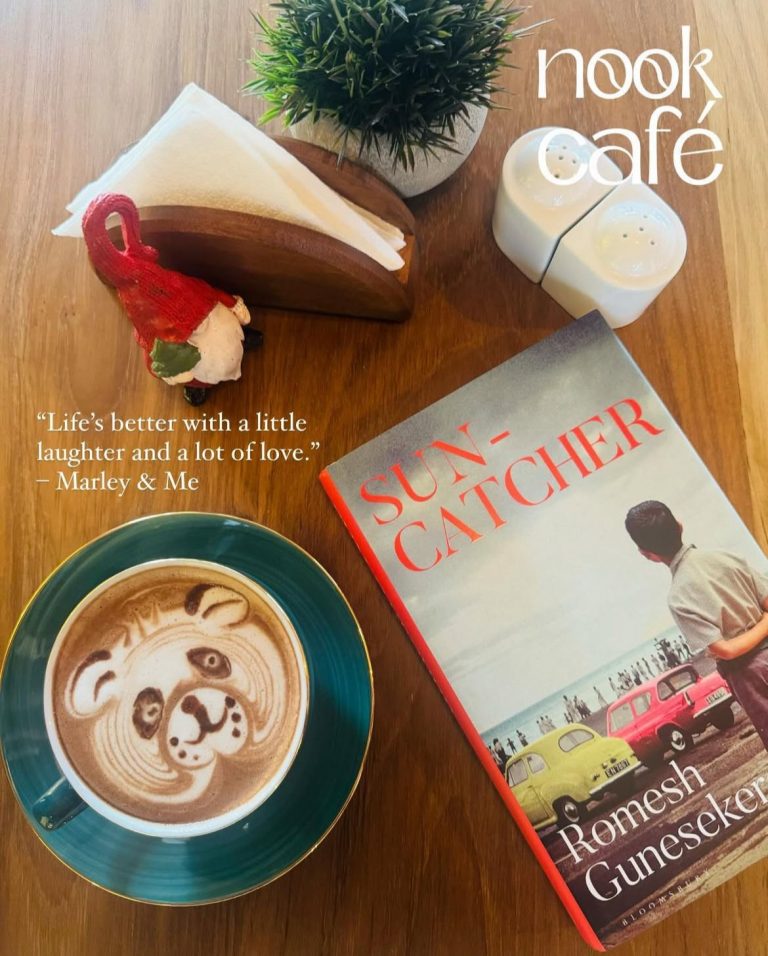Sri Lankan customer service – meaning the people at the frontline – sometimes cannot take a decision. Meaning, if there’s a rule-bend or a request, they lack the agency or training to deal with it intelligently. For example:
Mango Tree
Yesterday we went to review Mango Tree, the Indian restaurant in Colombo 7. I’m allergic to peanuts but can usually survive by ordering wisely and asking waiters if there’s a doubt. So we ordered and they brought some papadum to the table with dips. The papadum was nice, but the green dip – which looked like the usual mint sambar – made my mouth very unhappy.
I felt itchy and bad, like I was having an allergic reaction. We called the waiter over (itself a process, despite us being the only people there) and asked if anything had peanut. He said that the dip did, which was quite unfortunate. At this point, however, the experience went bad. Me consuming peanut is not their fault, that’s fine. However, I have a limited amount of time where anti-histamines work and before I get sick and we had to leave. We said to cancel the order and that we had to leave – to which the waiter said we can’t. Except it was 2 minutes ago, and of course we can, a customer is sick.
At that point they should have been like, we’re terribly sorry, can we get you a cab? Instead they complained about us leaving and then took forever getting the bill. We finally just left Rs. 500 on the table and fled. I managed to get some piriton in time and didn’t have a bad reaction, but we’ve certainly had a bad reaction to Mango Tree’s service.
In this case the waiters should be able to judge a situation and react. Someone is sick, you need to help them and not trap them in your restaurant. At Mango Tree, however, they lacked that basic training, though I could be sure they’d be more civil in their homes.
In On The Green
Later that same day we went to In On The Green. It’s a vaguely British style pub attached to the Galle Face Hotel. Somewhat oddly for 4:30 on a Monday night, they were blasting club music so loud that we couldn’t hear. We were the only people there and we asked them to turn it down. The first time they didn’t do anything, the second time they said ‘this is the level’. Well, OK, that’s their business, but we were literally the only people there.
Again, the staff there just didn’t have the ability to adapt a rule (blast house music starting at four) to a particular situation (there are only two people here and they don’t want it).
The Serf Syndrome
You get this problem, to different degrees, all over Colombo. Unless you’re talking to the owner, you may as well be talking to a robot. Can I get a double bacon burger? No, the menu only says single, and we can’t possibly just spatula another patty on there. Can I come in wearing sandals and otherwise respectable dress? No, the rule is you must wear shoes.
While on a level it’s important for a place to have rules and identity, it’s more important to be hospitable and adaptable to paying customers. Staff also need to be able to judge a situation and assess what’s best for the business, not simply what the rules are. Few places in the hospitality industry want to be seen as inhospitable, but until staff are empowered to make decisions like human hosts, you’ll continue to get inflexible nonsense like the above.
For another article on Creepy Customer Service (when they follow you around), click here










